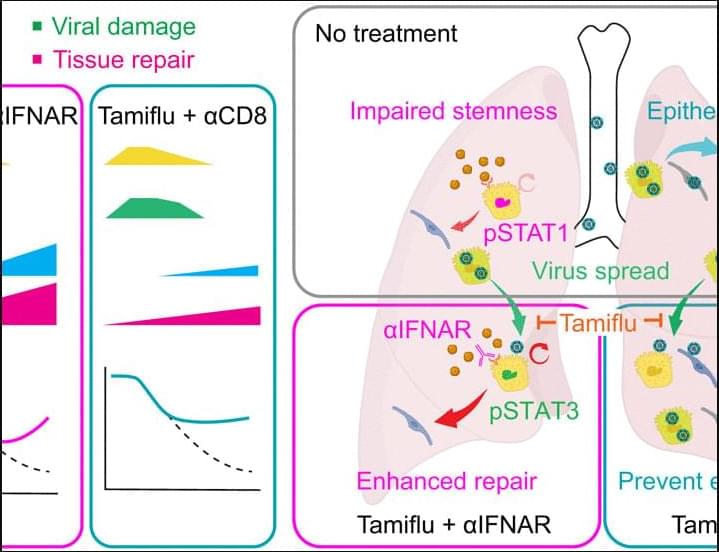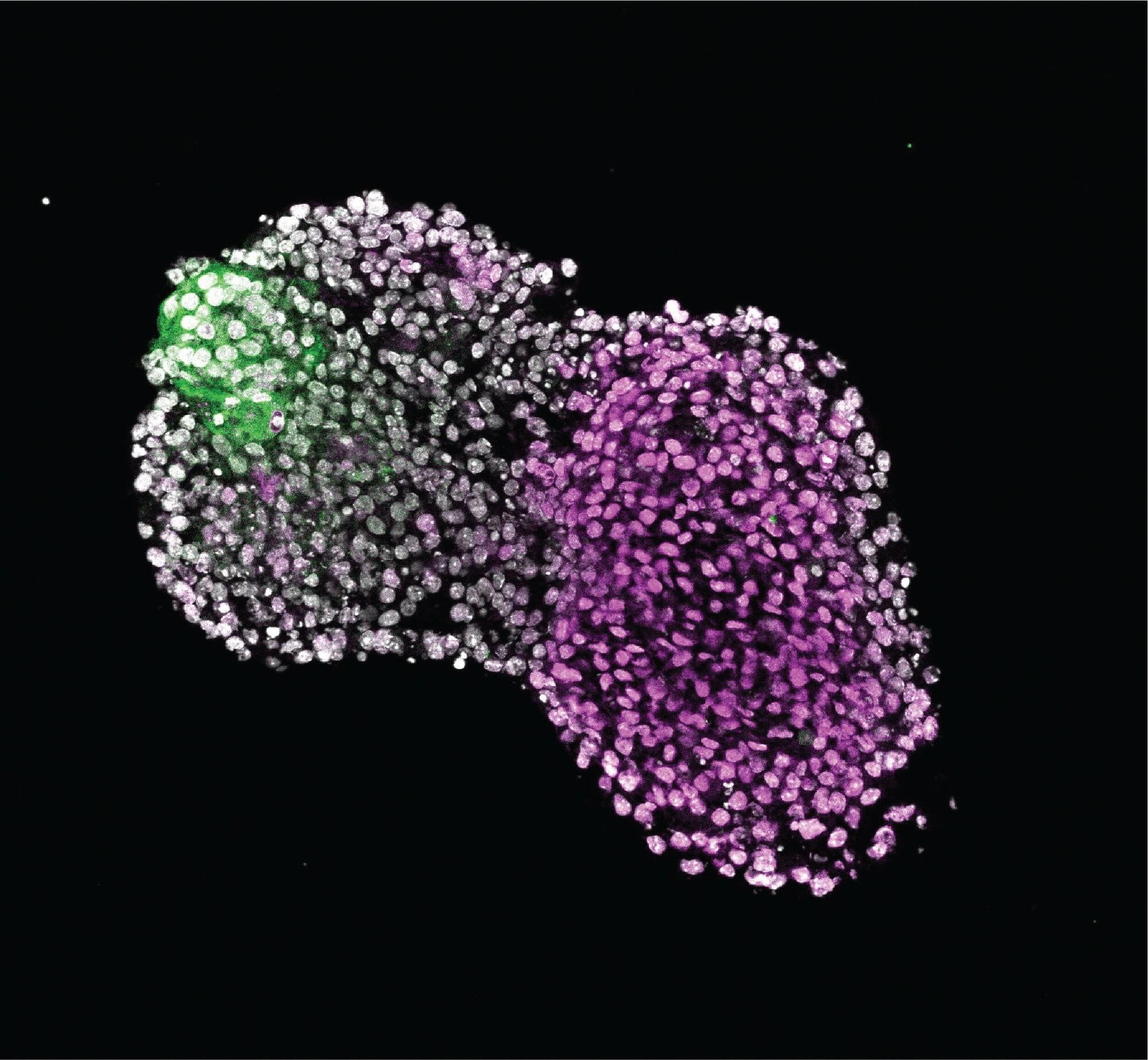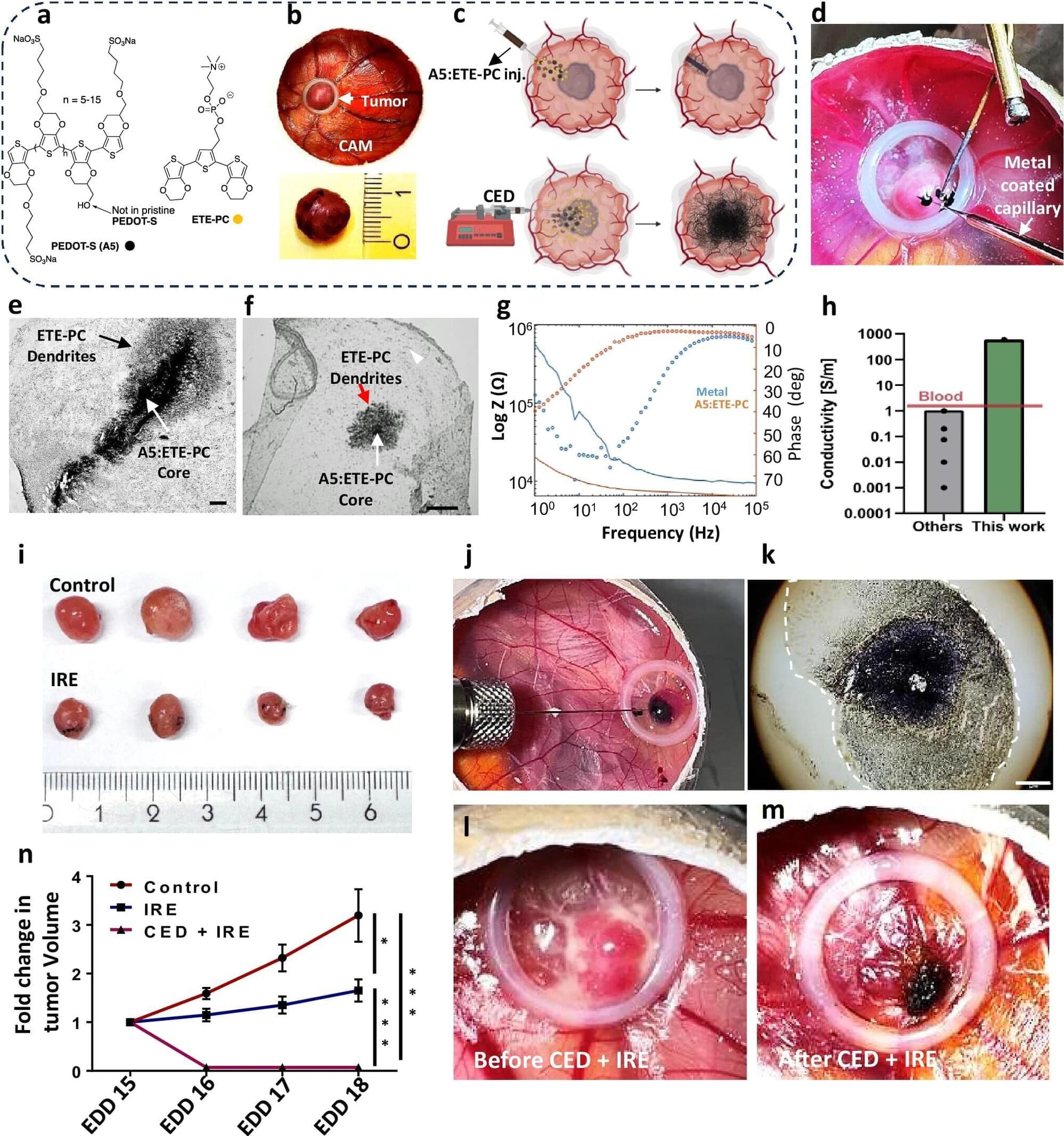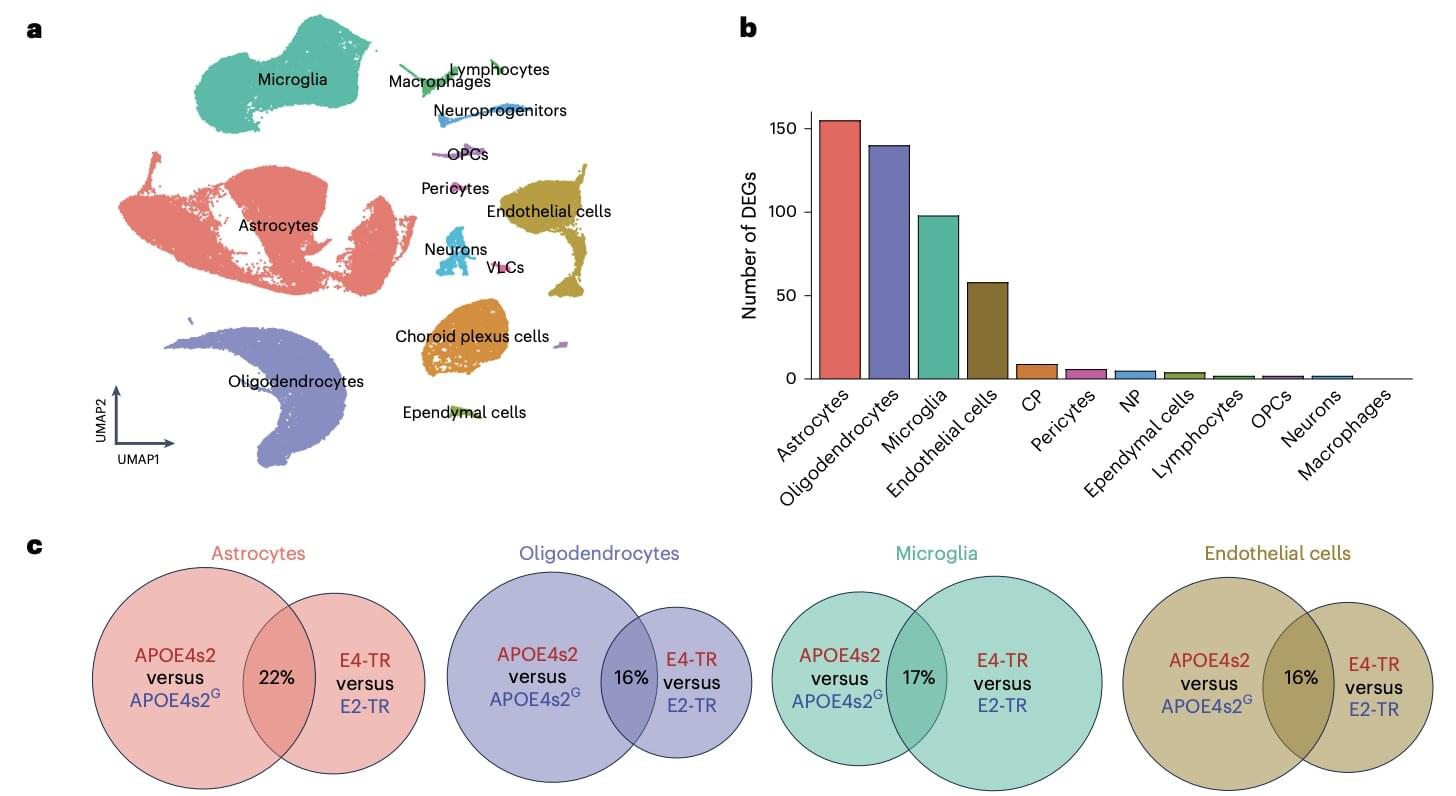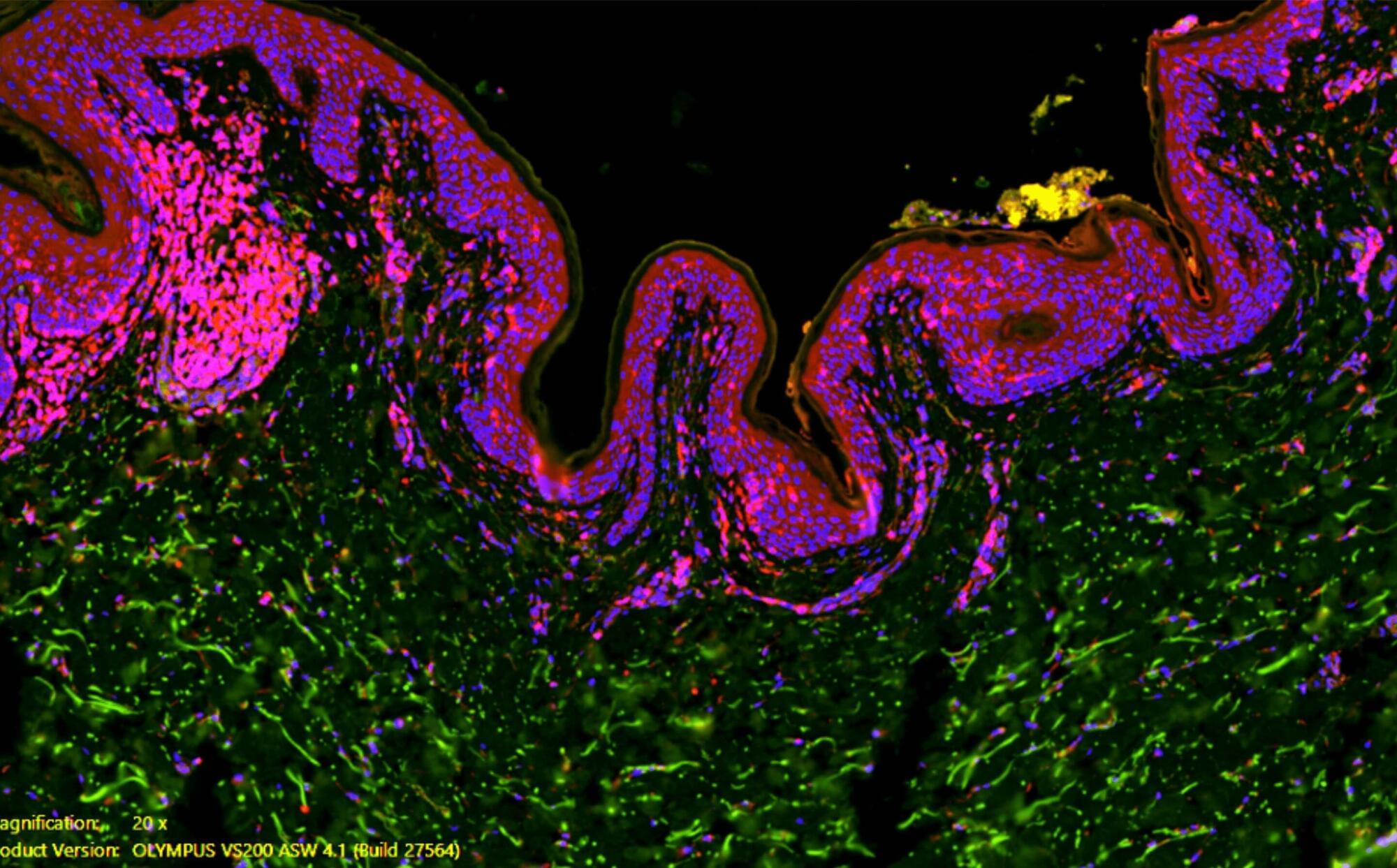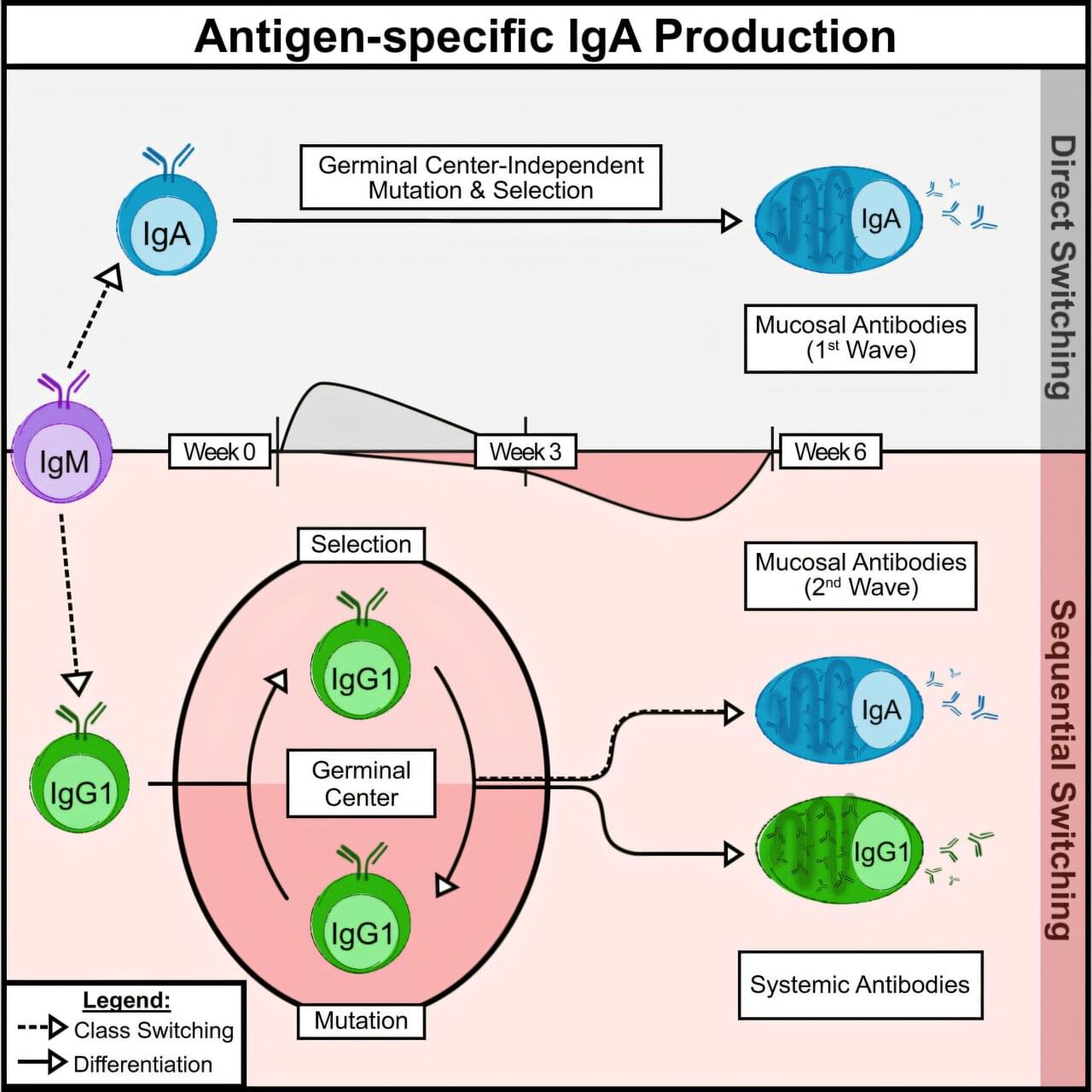Several types of tooth–bone attachment have evolved in different branches of amniotes. The most studied type of tooth anchorage is thecodont implantation, characterized by a nonmineralized periodontal ligament linking the tooth to the jawbone inside a deep alveolus (Bertin et al., 2018 ; Diekwisch, 2001). This attachment, called gomphosis, is present in mammals and crocodilians and provides robust resistance to mechanical stress during food processing (McIntosh et al., 2002).
By contrast, the teeth of recent lepidosaurian reptiles are firmly attached to the jaw bones, although the morphology of this type of attachment varies across species (Gaengler, 2000). In most lizards and snakes, teeth are ankylosed to the inner side of the high labial wall of the jawbone (pleurodont attachment). However, in some species (e.g., agamas, chameleons), the teeth are completely fused to the crest of the tooth-bearing bone (acrodont teeth) (Edmund, 1960). Such cases, where the teeth are firmly fused to the tooth-bearing element by mineralized tissue, are called ankylosis (for nomenclature, see a recent review by Bertin et al., 2018). Although ankylosis is widespread in nature, in mammals, a fusion of the tooth to the bone by hard tissue is considered a pathological condition (Palone et al., 2020 ; Tong et al., 2020).
Diverse developmental mechanisms have been proposed to explain the evolutionary origin and elaboration of ankylosis. The first developmental step of ankylosis is described as a soft ligament mineralization (LeBlanc et al., 2016 ; Liu et al., 2016). The periodontal ligaments in ancestral mammals have been predicted to display a high osteogenic potential, with an inclination to become calcified, thus resulting in dental ankylosis (LeBlanc et al., 2016). The mineralized ligamentous tissue has been preserved in fossilized mosasaurs, and it is also evident in several fish species and modern snakes (LeBlanc, Lamoureux, & Caldwell, 2017 ; Luan et al., 2009 ; Peyer, 1968). In the second type, ankylosis has been described as developing without ligament formation, with the tooth base firmly attached directly to the top of the tooth-bearing bony pedicles with no sign of previous ligament production (Buchtová et al., 2013 ; Luan et al., 2009).

